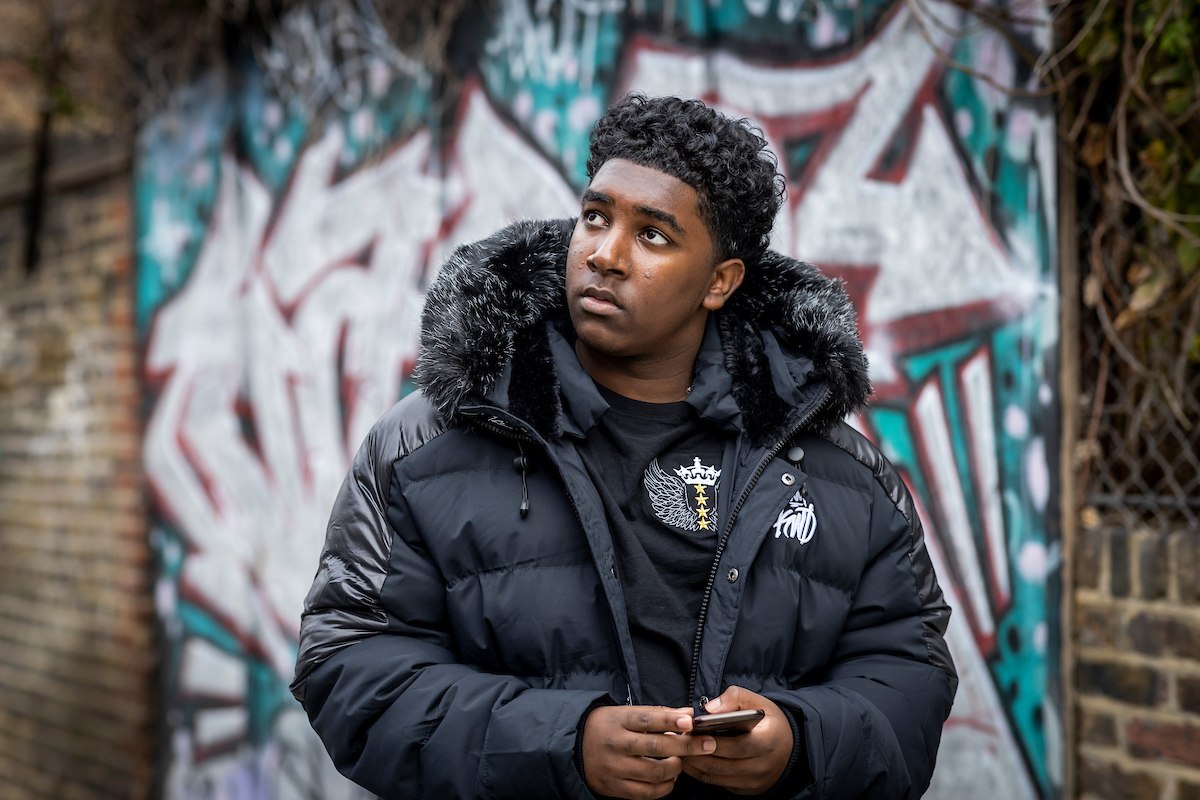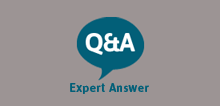Having a drugs relapse
Snuck a drink or took a drag during recovery? Don’t panic. Relapsing is actually part of the addiction recovery process. You’re not alone in this. The Mix explains how to manage when the temptation gets too much.

If you’re an addict, getting sober is a journey and a half. There’s bound to be temptation along the way and you may have a drugs relapse. But this isn’t a reason to freak out and brand yourself a failure. Relapsing is very common and something you can learn from.
What is a relapse?
It’s important to distinguish between a ‘lapse’ and a ‘relapse’, and not give up hope of recovery just because you’ve lapsed once. A lapse is a one-off occasion where you indulge in drink/drugs whereas a relapse is where it becomes a regular thing. The self-loathing that people often feel after a lapse can even lead to a proper addiction relapse.
“The danger with lapsing is people think they’ve let themselves down and [decide] there’s no point in staying sober,” says Dr Robert Hill, a consultant clinical psychologist and addiction specialist.
“But a lapse doesn’t have to become a relapse. Instead, you can use the experience to learn from it. What happened that made you want to use again?”
How common is having a drug relapse?
More than you think. Even though your mind will tell you that you’ve let people down or you’re not strong enough, your behaviour is actually an accepted part of the recovery process. You’re not a fuck-up or worthless, you’re just human. There are a number of treatment options and treatment programs available and some of them just may not work for you.
Read more about the different treatment options here.
“If I don’t mention the high possibility of relapse to an addict, I’m doing them a disservice,” says Dr Hill. “We accept people often need to come into treatment more than once. It shouldn’t be seen as a failure of treatment if you go back. No one will be surprised.”
I’ve relapsed, now what?
First things first – try and lower the voices in your head telling you to continue down this path of self-destruction. Also, we know it’s easier said than done, but try not to feel too much shame or embarrassment over your relapse. You have to own what has happened and get the help that you need. Equally, try to reach out to as many people as possible, from family members to support groups. Just surround yourself with positive, uplifting forces.
“My message is, go back and get more help,” says Dr Hill. “Relapsing is all part and parcel of having an addiction. Lapse, relapse – it’s what happens. Go back as soon as you can. The quicker you do, the better the outcome and the less damage you will do.”
How do I avoid relapsing?
When it comes to relapse prevention, Dr Hill believes you need to ask yourself three questions. If you answer ‘yes’ to all three, you have a better chance of avoiding temptation:
- Are you ready? Is this the right time for you to seek treatment and work on your problems?
- Are you able? Do you have the skills needed to say ‘no’ in high-risk environments? Can you work with a craving?
- Are you willing? Motivation is the best predictor of success. If you want to get clean, it’s much more likely that you will.
Sometimes these three yeses don’t come together all at once, and that’s why you shouldn’t be afraid to go back into treatment if you need to.
When do people usually relapse?
Having a drug relapse often happens when an addict is caught off guard. A good coping strategy is to identify potential risk situations and mentally rehearse how you would react. Remember, these danger-times probably aren’t when you expect.
Addicts assume they’re most prone to relapsing when they’re down or depressed, but sometimes it’s the opposite. If you’re in a celebratory mood and everyone around you is getting turnt (probably with drugs and alcohol), the FOMO can become all-consuming.
But the more you practise resisting in your head, the more you reduce the risks of a relapse. Just don’t expect a silver bullet to kill the werewolf a.k.a addiction. Recovery is an ongoing process that takes time. Never be afraid to seek help if you’re struggling – no matter how long you’ve been clean.
Can I still be friends with people who use?
If you’ve created a strong support system, sometimes it can be hard to include people from your past life. Often you can make the best of friends when you’re using, but the real test of a friendship is if they stick with you long-term. “True friends stand by change – others don’t,” says Dr Hill. “If you’re trying to beat addiction, you can afford to keep true friends, but say goodbye to the others.”
A real friend will support your decision to stop using and won’t pressure you to lapse. Others – your usual acquaintances – will find your sobriety a threat, and may try to tempt you. The old cliché is true: with friends like that, who needs enemies? It’s time to move on. It’s hard. But so is recovery, and there are plenty of fish in the sea. We promise you’ll find your Dory, or maybe even five!
In the mean time, we’re here to be your friend. If you’re ever feeling overwhelmed, contact our free support service. Alternatively – you can make use of charities such as the Amy Winehouse Foundation, who help young people at risk.
Next Steps
- Addaction helps people recover from drug and alcohol addictions.
- FRANK offers friendly, confidential advice on all things drugs-related. Call now on 0300 123 6600
- Chat about this subject on our Discussion Boards.
By Nishika Melwani
Updated on 03-Aug-2021
No featured article










